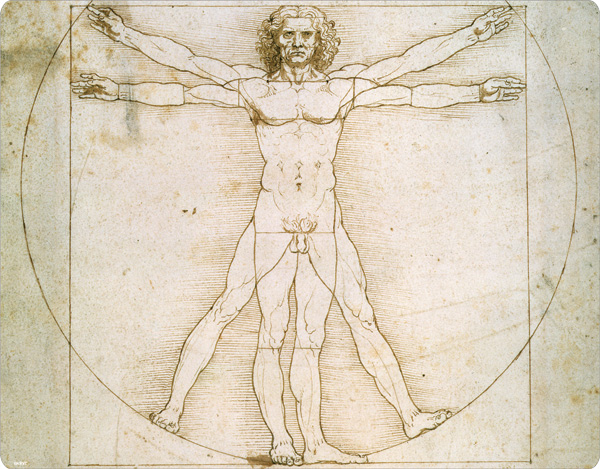 In my last post, I sketched out a vision: that our school become a place where mastery is venerated, and where it is pursued with the full toolkit that the modern academic field of expertise studies provides.
In my last post, I sketched out a vision: that our school become a place where mastery is venerated, and where it is pursued with the full toolkit that the modern academic field of expertise studies provides.
But I missed something obvious: an actual sense of the specific things we could help students master (and, before that, want to master).
Without that, I wonder if my last post could come across as so much empty theorizing. So! Let's fix that:
We can help virtually every student become excellent at reading. At spelling. At music. At physics. At chemistry. At history. At mental math. At algebra. At geometry. At calculus. At botany. At evolutionary biology. At zoology. At psychology. At anthropology. At sociology. At creative writing. At political science. At economics. At critical theory. At philosophy. At comparative religion. At cultural theory. At gender theory. At geology. At astronomy. At architectural criticism. At basic programming. At game theory. At cooking. At living together in community. At controlling oneself. At drawing. At painting. At grammar. At vocabulary.
(I'll stop here, but of course many more could be listed. Presumably I've missed some obvious ones.)
Two questions, and answers:
- Will we make anyone world-class at any of these things? Possibly not — to reach the global tip-top of talent, the going theory is in expertise studies, you need a combination of both practice and innate skill. Our goal isn't world-class performance — that's for extra-curricular programs (like Olympic training facilities). Our goal is for students to fall in love with, and experience growing mastery at, a multitude of disciplines.
- Will we make everyone excellent at every one of these things? Again, probably not — we have too little time in the school year. One of our major tasks, as we birth this school, will be to figure out what we will focus on. I'll say this, though: we can pack K-12 education with far more than most students get to. (For example, I think getting virtually every student to competence at all of the above fields is well within our purview.)
This is all to say: We can create a community of Renaissance people.
Such, at least, is part of the mission of the school.